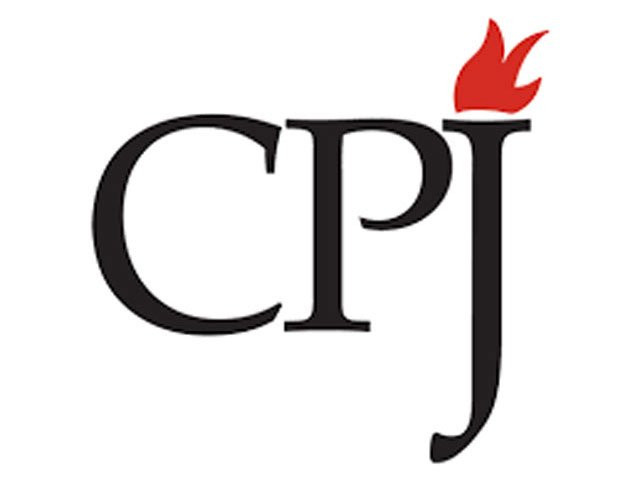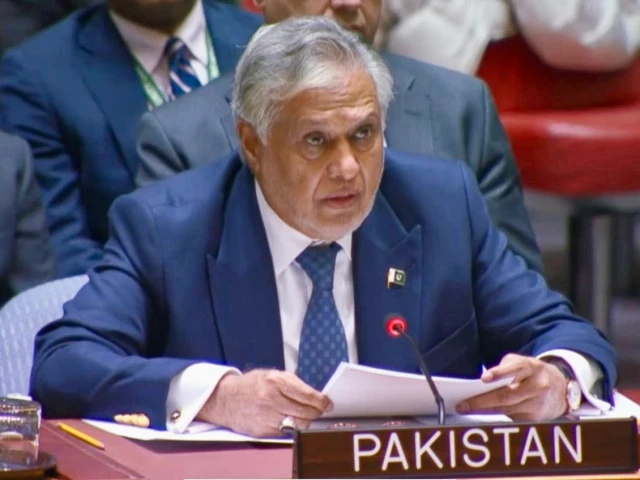Anxiety is growing over a potential war between Iran and the US in the Middle East, with embassies evacuating staff and airlines cancelling flights as tensions mount.
As critical talks over Iran’s nuclear programme entered their second round on…

Anxiety is growing over a potential war between Iran and the US in the Middle East, with embassies evacuating staff and airlines cancelling flights as tensions mount.
As critical talks over Iran’s nuclear programme entered their second round on…

The Committee to Protect Journalists (CPJ) has documented a second…

Congressional Democrats lined up on Tuesday night to call Donald Trump a liar and Republicans said America had never been greater. The country’s longest-ever State of the Union address had ended, and the two parties had, again, watched entirely…

DPM and FM Ishaq Dar addressing the UNSC session on Palestine in New York. PHOTO: MOFA